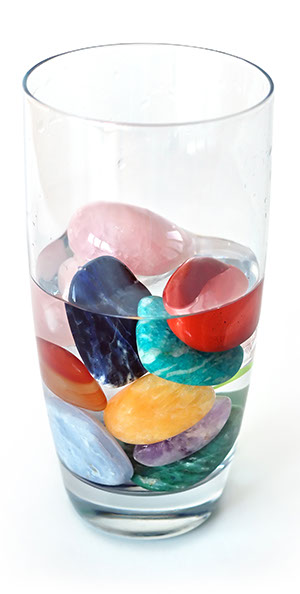Unit M2 Focus Words
density
noun – the ratio of mass to volume
How do differences in density help balloons float in the air?
volume
noun – the amount of space taken up by an object
Is it easier to determine the volume of a brick or a stone?
mass
noun – a measure of the quantity of matter in an object
Imagine you take a trip to the moon on a new spaceship. Would your mass change when you leave Earth?
fluid
noun – a substance that is in a liquid or gaseous phase
Compare and contrast the characteristics of liquid and gaseous fluids.
irregular
adjective—not following a common or expected pattern
From far away the spire looked like a simple cone, but when we got closer we saw that it was quite irregular, covered with random bumps and grooves.
displacement
noun – the space taken up by an object submerged in a fluid
How did Archimedes use displacement to compare a gold bar to the king's new crown?
expand
verb — to spread out, to enlarge
My kickball was a little flat when we were playing outside in the freezing winter air, but as soon as we bring it into the overheated library it should expand to its normal size.
reference point
noun – a starting value for measurement, or basis of comparison
Sailors, nomads, and people on the move in many cultures throughout history have often used the North Star as a reference point in celestial navigation.
Eureka!
interjection—an exclamation expressing the excitement of a discovery or breakthrough, from the Ancient Greek word εὕρηκα “heúrēka” meaning "I found (it)"
After toiling away in my workshop for months, I was so glad when I finally got my invention to work that I cried out, “Eureka!”
